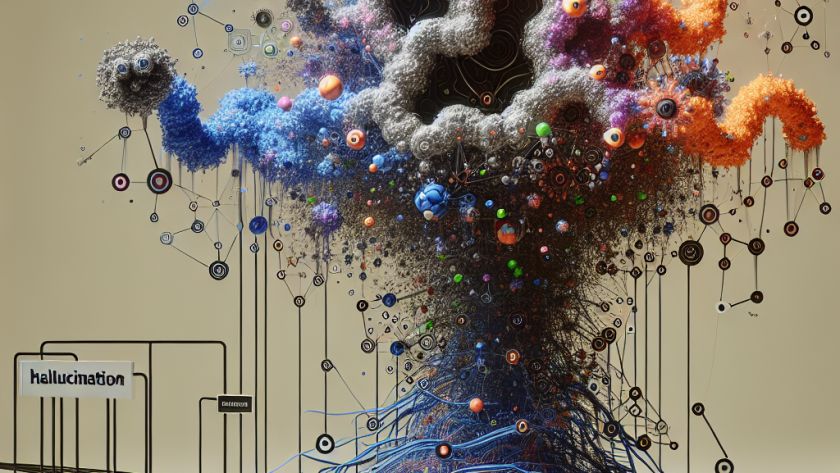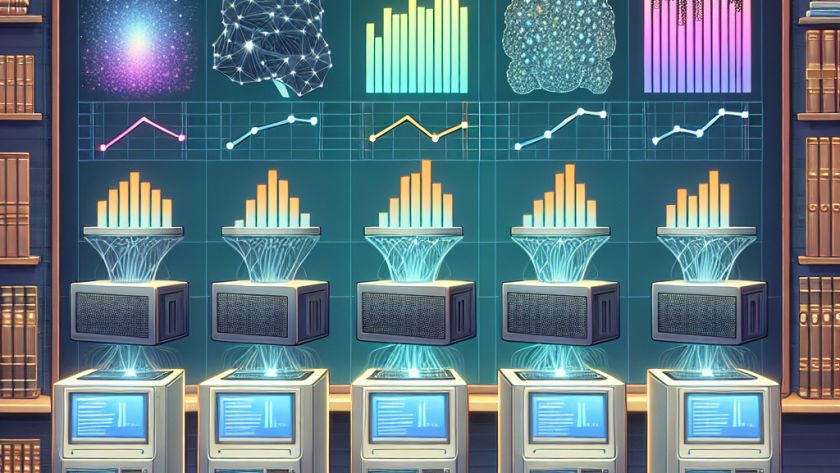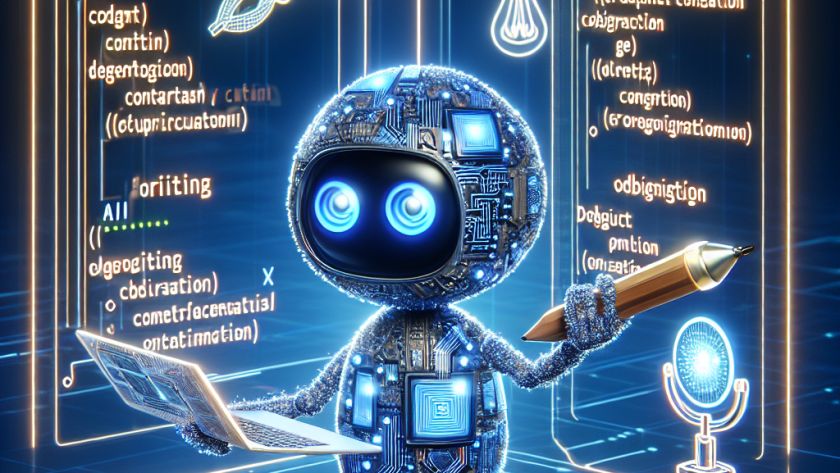


Omost is an innovative project aimed at improving the image generation capabilities of Large Language Models (LLMs). The technology essentially converts the programming ability of an LLM into advanced image composition skills. The concept behind Omost's name is two-fold; firstly, after its use, the produced image should be 'almost' perfect. Secondly, 'O' stands for 'omni,'…



The introduction of large language models (LLMs) such as Llama, PaLM, and GPT-4 has transformed the world of natural language processing (NLP), elevating the capabilities for text generation and comprehension. However, a key issue with these models is their tendency to produce hallucinations - generating content that is factually incorrect or inconsistent with the input…

Large Language Models (LLMs) require an appropriate inference backend to function correctly, influencing user experience and operational costs. A recent study conducted by the BentoML Engineering Team has benchmarked various backends to better understand their performance when serving LLMs. The study focused primarily on vLLM, LMDeploy, MLC-LLM, TensorRT-LLM, and Hugging Face TGI. The experiment carried…

Artificial intelligence (AI) research aims to create adaptable and self-learning agents that can handle diverse tasks across different environments. Yet achieving this level of versatility and autonomy is a significant challenge, with current models often requiring extensive human supervision, limiting their scalability.
Past research in this arena includes frameworks like AgentBench, AgentBoard, and AgentOhana, which are…

Deep learning methods exhibit excellent performance in diagnosing cardiovascular diseases from ECGs. Nevertheless, their "black-box" nature contributes to their limited integrations into clinical scenarios because a lack of interpretability hinders their broader adoption. To overcome this limitation, researchers from the Institute of Biomedical Engineering, TU Dresden, developed xECGArch, a deep learning architecture designed specifically for…

The open-source project Perplexica is a breakthrough in the realm of search engines. While many strong platforms have fallen short when it comes to providing relevant and comprehensive search results, Perplexica addresses these shortcomings with its unique artificial intelligence (AI) capabilities. Most conventional search engines bank heavily on keywords, causing discomfort when users make more…

In the modern digital world, search engines are the gateways to accessing relevant information. Traditional search engines deploy keyword-based algorithms, searching indexed web pages for matches. Although effective for uncomplicated search queries, these systems lack the capacity to comprehend complex or context-dependent inquiries. As a remedy, some AI-powered search engines have incorporated advanced language models…

Artificial intelligence (AI) has been aiding developers with code generation, yet the output often requires substantial debugging and refining, resulting in a time-consuming process. Traditional tools like Integrated Development Environments (IDEs) and automated testing frameworks partially alleviate these challenges, but still demand extensive manual effort for tweaking and perfecting the generated code.
Micro Agent is a…

Dataset distillation is a novel method that seeks to address the challenges posed by progressively larger datasets in machine learning. This method creates a compressed, synthetic dataset, aiming to represent the essential features of the larger dataset. The goal is to enable efficient and effective model training. However, how these condensed datasets retain their functionality…
